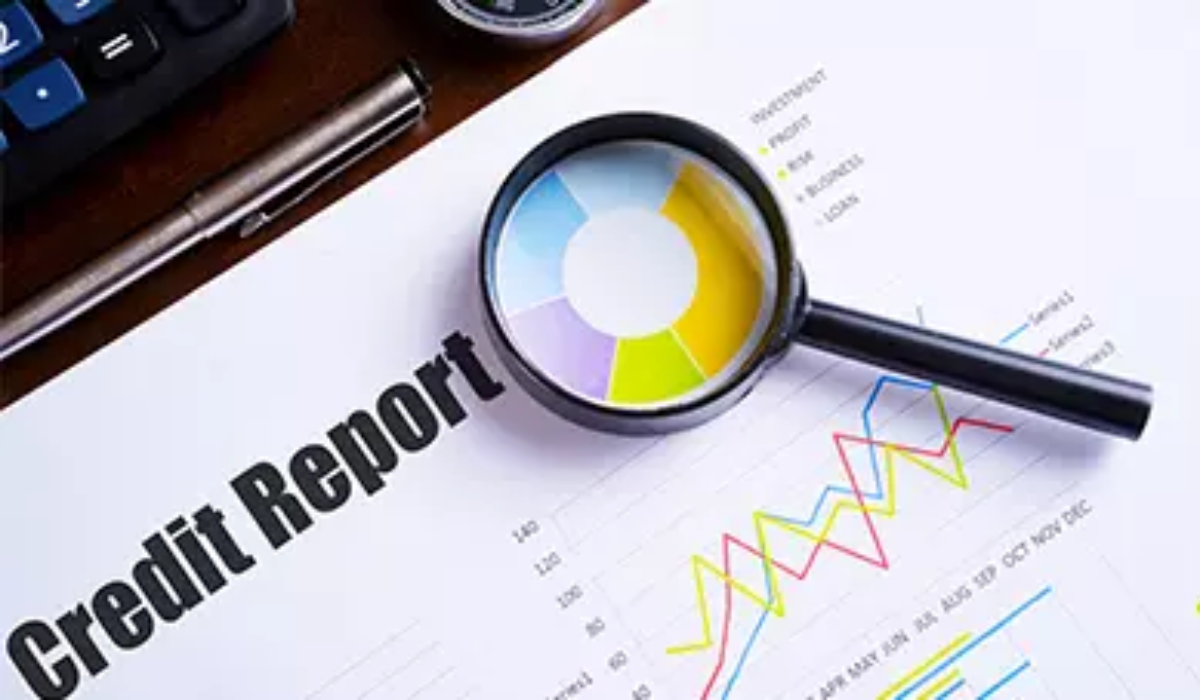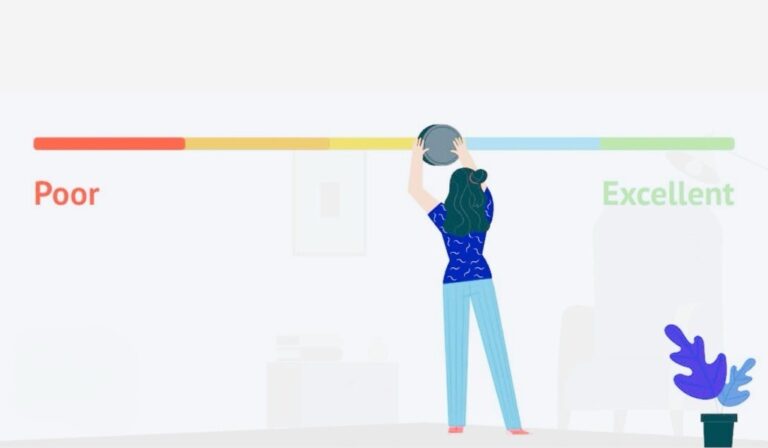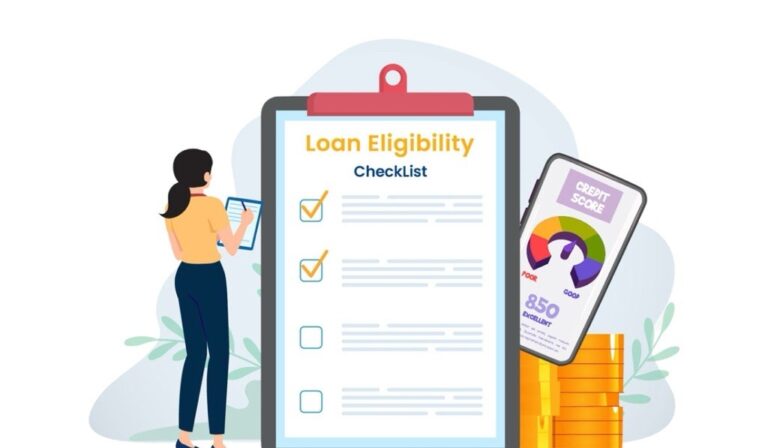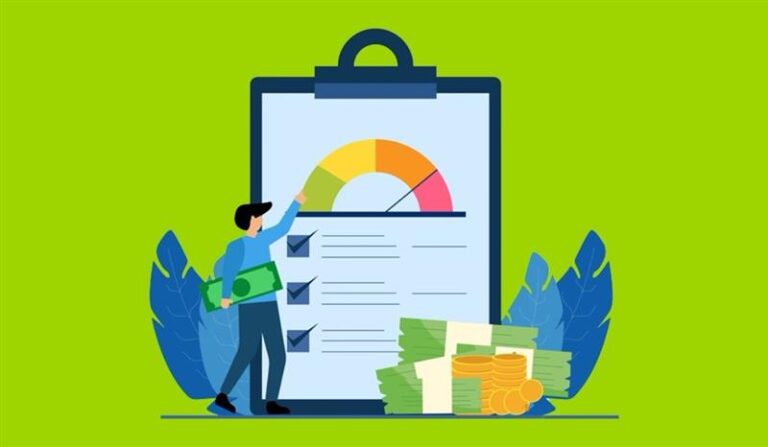Understanding the information included in your CIBIL report is crucial for managing your credit health. From decoding terms like “STD” to monitoring your payment history and credit score, knowing how to interpret and maintain your CIBIL report can positively impact your financial well-being. By learning about the various account statuses, credit inquiries, and the procedure for reporting errors, you can take proactive steps to ensure the accuracy of your report and improve your creditworthiness.
What is STD in CIBIL report?
In your CIBIL report, “STD” stands for “Standard”. It’s not an error, but a positive indicator regarding a specific credit account. An “STD” remark signifies you’ve consistently made your payments on time, typically within 90 days of the due date. This reflects good credit behaviour and contributes positively to your overall credit score. Lenders consider your history of on-time payments (STDs) favourably as it demonstrates your reliability in managing debt.
STD in CIBIL: Meaning and Impact
STD stands for “Standard” and carries a positive meaning for a particular credit account. It signifies you have consistently made your repayments on time, typically within 90 days of the due date. Here is a breakdown of other key terms you might encounter in your CIBIL report:
- SMA (Special Mention Account): These accounts are flagged as potentially risky. Payments might be slightly delayed, or there could be a change in repayment behaviour. This is a cautionary sign to monitor your credit health.
- SUB (Sub-Standard): This indicates a more serious delinquency. Payments are overdue by more than 90 days, significantly impacting your credit score.
- DBT (Doubtful): If a Sub-Standard account remains delinquent for over a year, it falls under the “Doubtful” category. The bank considers these accounts at high risk of default.
- LSS (Loss): This signifies a written-off account where the lender has identified a loss and considers the dues unrecoverable. This has a severe negative impact on your credit score.
- XXX: This appears when the bank hasn’t reported any payment information for a specific credit account to CIBIL. It’s crucial to follow up with the bank and ensure they report your on-time payments to improve your credit score.
What details are included in the CIBIL report?
- Personal Information
This includes your basic details like name, date of birth, and contact information.
- Account Information
This is a crucial section that details all your credit accounts, including:
-
- Lender Name: The bank or financial institution that provided the loan or credit card.
- Account Type: Whether it’s a home loan, car loan, credit card, etc.
- Account Number: Unique identifier for each credit account.
- Account Status: Indicates if the account is active, closed, settled (partially paid), or written off (not paid for an extended period).
- Date Opened: When the account was opened.
- Last Payment Date: The date of your most recent payment.
- Credit Limit (For Credit Cards): The maximum amount you can borrow on the card.
- Current Balance: The outstanding amount you owe on the account.
- Payment History: This is a detailed record, usually for up to 36 months, showing your payment behavior for each month. It will indicate if payments were made on time, delayed, or missed
- Credit Inquiries
This section shows instances where lenders have accessed your credit report for loan applications. Frequent inquiries within a short period can slightly lower your score.
- CIBIL Score
This is the numerical representation (between 300-900) of your creditworthiness based on the information in your report. A higher score indicates a good credit history and improves your chances of loan approval and securing favorable interest rates.
Also, read: How to increase CIBIL score?
Maintaining a Google CIBIL Report: Beyond STDs
While Google Pay allows you to conveniently monitor your CIBIL score for free, there’s more to maintaining a healthy credit report than just Standard Terms of Debt (STDs, which represent on-time payments).
- Regularly check your report for errors, this includes verifying personal details, loan amounts, and repayment history. Inaccuracies can negatively impact your credit score
- Keep your credit card balances low compared to the credit limit. High utilisation indicates potential overspending and can lower your score
- Avoid excessive debt and pay bills on time to avoid negative impact on CIBIL score. Any missed or late payments significantly damage your creditworthiness
- Frequent credit inquiries can temporarily lower your score. Apply for new credit lines only when necessary to improve your CIBIL score
What is the procedure for reporting STD errors in your CIBIL report?
There are no errors associated with the term “STD” in your CIBIL report. In fact, “STD” stands for “Standard” and indicates a positive aspect — you’ve made your payments on time. However, if you find any other discrepancies in your report, here’s the procedure for disputing them:
- Visit the official website of CIBIL.com.
- Locate the section for “Dispute Resolution” or “Raise a Dispute”.
- Fill out the online dispute resolution form with accurate details about the error. You’ll likely need your CIBIL report’s control number for reference
- Once you’ve entered the necessary information, submit the dispute form electronically
- You should receive a dispute ID or complaint ID upon submission
- CIBIL will forward your dispute to the relevant lender for verification
- The lender will review the dispute and acknowledge the error if present. They’ll then update your CIBIL report accordingly.
Frequently Asked Questions
- What Does SUB STD Mean in CIBIL?
SUB (Sub-Standard) refers to late payments over 90 days, hurting your score. STD (Standard) is good, indicating on-time payments within 90 days.
- Is STD in CIBIL Good or Bad?
STD in CIBIL is good! It means your payments are on time and contribute positively to your credit score.
- Will a 2-Day Delay in Payment Affect My Credit Score?
No, a 2-day delay likely won’t affect your score. However, consistent delays can turn into delinquencies and harm your score.
- What is the meaning of STD loan?
There is no specific “STD loan” term. STD in a loan refers to your payment history.
- What is the meaning of STD in banking?
In banking, STD refers to your loan payment status (Standard – on time) and positively impacts your creditworthiness.
- What are STD, SMA, SUB, DBT, and LSS in the CIBIL Report?
These are notations on your payment history, STD (good – on time), SMA (watch out – potential delay), SUB (bad – over 90 days late), DBT (very bad – doubtful repayment), LSS (written off – severe negative impact).
- What is asset classification STD?
Asset classification STD is a bank’s internal categorization considering a loan’s risk.
Also, check:
- CIBIL Score for Bike Loan
- CIBIL Score for Personal Loan
- How to get a personal loan with a CIBIL defaulter status?
- How to check and remove your name from CIBIL’s Defaulter List?
- CIBIL Customer Care Number
- What are all the mistakes that Can Lower your Credit Score?
- CIBIL Login and Registration Process
- Credit Rating Agencies in India
This post is also available in: हिन्दी (Hindi)





